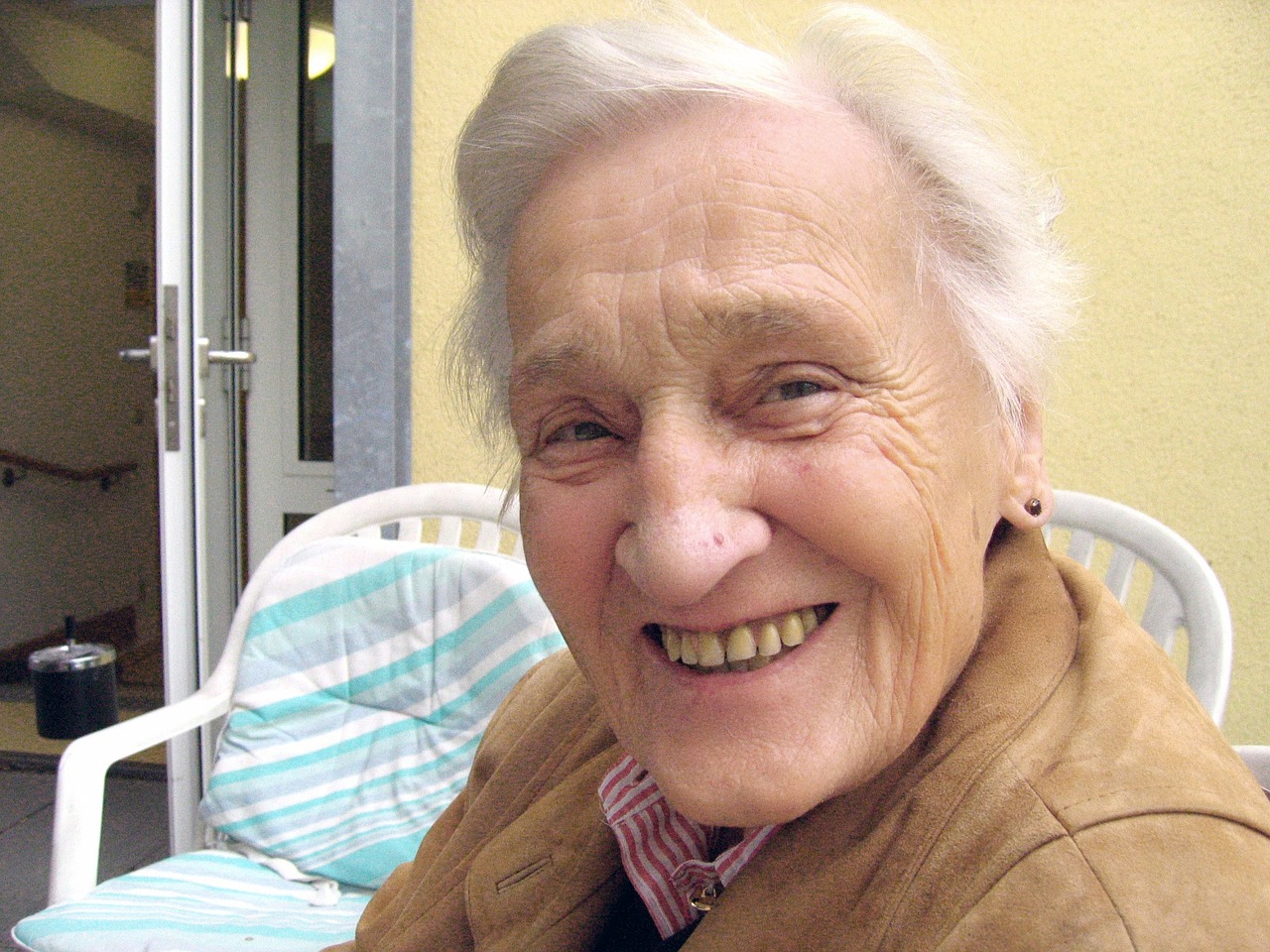Uncertainty is the hallmark of dementia. A dementia patient often feels a loss of control and independence. Because even everyday things can seem unfamiliar at times, the most important thing we can do as caregivers is to provide them with as much routine as we can.
Certainly, routine brings order and comfort to everyone’s life, even the most healthy of people. An Alzheimer’s or dementia patient, already anxious or confused, can greatly benefit from established daily care plans. After all, they deserve as much familiarity and routine as we can provide to them. By paying attention to their desires and preferences, and giving them input into their daily routine, we can develop a schedule most likely to give them the support they need to flourish and thrive.
Even if the dementia patient seems to forget things day to day, a change in their routine can be devastating to them. In order to keep the best sense of control and comfort, consider incorporating daily care plans into every day.
- Breakfast is not only important to keeping a patient physically strong. Eating breakfast in the morning is a lifelong routine and is easily recognizable to the patient. Aside from vital nutrition, the routine of eating breakfast will set the tone for a more stress-free day. Consider difficulties such as buttering toast or pouring coffee, and be sure to help.
- Memory care patients love the opportunity to shave (or be shaven), do their hair, brush their teeth, get dressed – all of these things keep them feeling social and a part of the world. However, these very activities may now be too difficult for them to attempt on their own, so be sure to make accommodations for these basic needs.
- Unfortunately, people with dementia are often bored and listless, lacking any real creative outlet. By providing a daily routine of music, painting, crafts, knitting, or doing puzzles with friends – you can alleviate boredom and give them something to look forward to. Remember to take into account their physical needs. For instance, if someone who always loved doing puzzles is now losing their eyesight, these activities may cause stress and anxiety, not contentment.
- Lunch is an important midday marker, and is a great opportunity to put your memory patient in a social setting. Let them help you to prepare a simple meal, and make lunch a time of sharing and laughter. Lunchtime can help to erase any frustrations of the morning and set the stage for the rest of the day.
- Exercise is known to positively affect well-being for people in all stages of life, and this is especially true for memory care and dementia patients. Whether a group class at the memory care center, or a daily walk with a loved one – exercise not only provides the physical and mental benefits, but gives the patient another type of activity to enjoy.
- Relaxing and reminiscing is one of the most important gifts you can give to your loved one – in fact, every daily care plan should involve the opportunity to talk about the good old days. The present is often scary and unfamiliar to a dementia patient, but regaling you with stories from the past puts them solidly in their comfort zone, remembering things very familiar to them.
- Dinner is, again, an important and familiar marker for the dementia patient. It indicates that they are nearing the end of the day, and signals that the next round of their daily care plan is imminent.
- Like all routines, having a plan for the evening gives a patient peace and a sense of familiarity. By setting up an evening routine of hygiene, getting into bedclothes, listening to a book or saying prayers – their night routine will allow for a more peaceful night’s sleep, hopefully without anxiety.At A Banyan Residence of Venice, we are dedicated to making sure that our memory care patients have the routine and daily care plans they need to live their best life. If you are looking for a compassionate adult residence for your loved one, call today for an appointment and tour.

